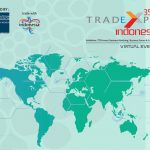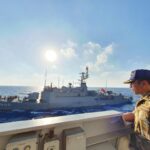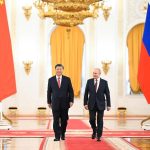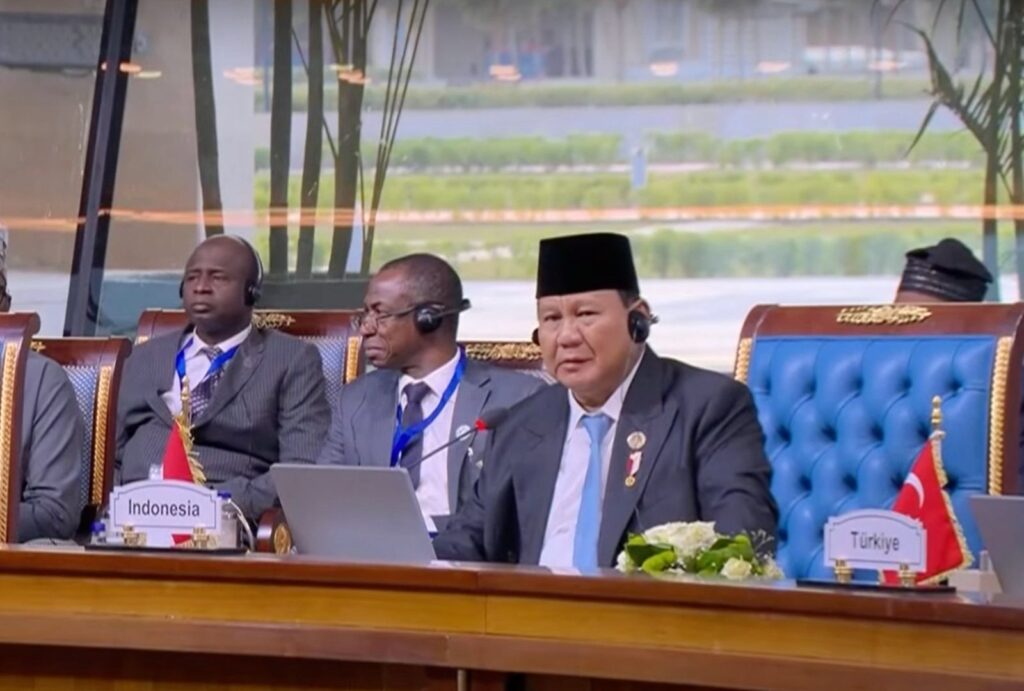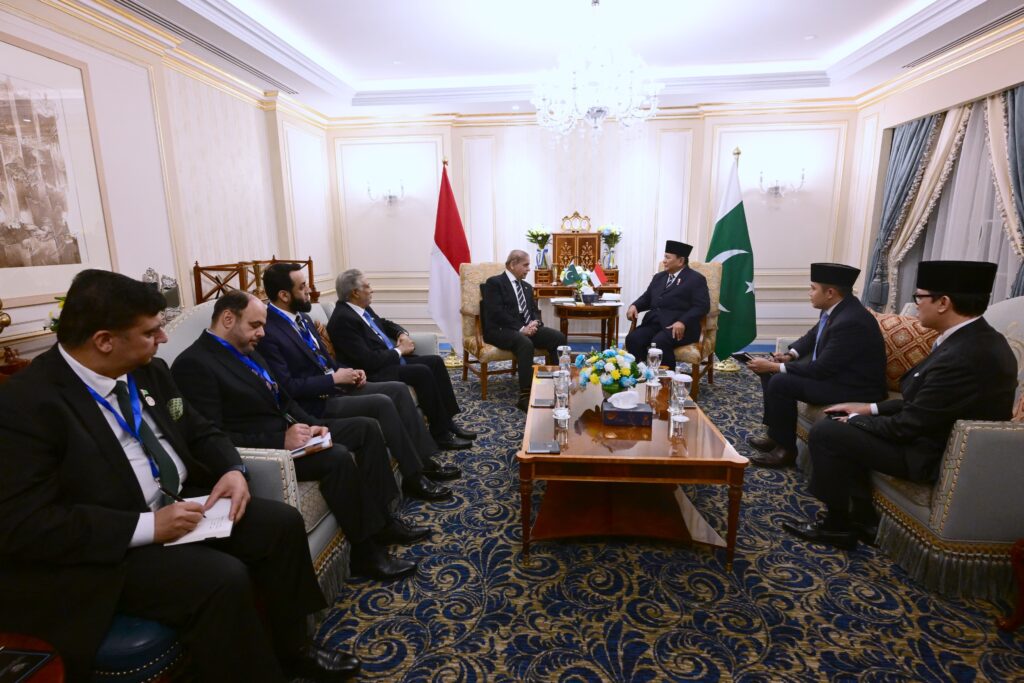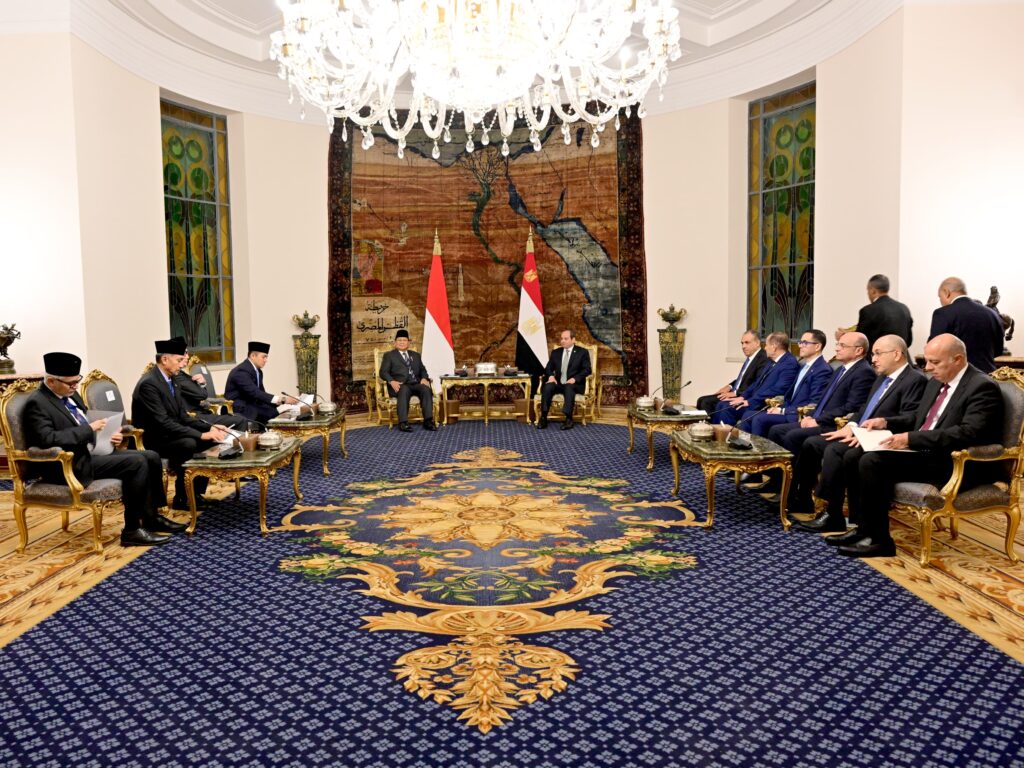Indonesian president launches mango-based food estate in East Java
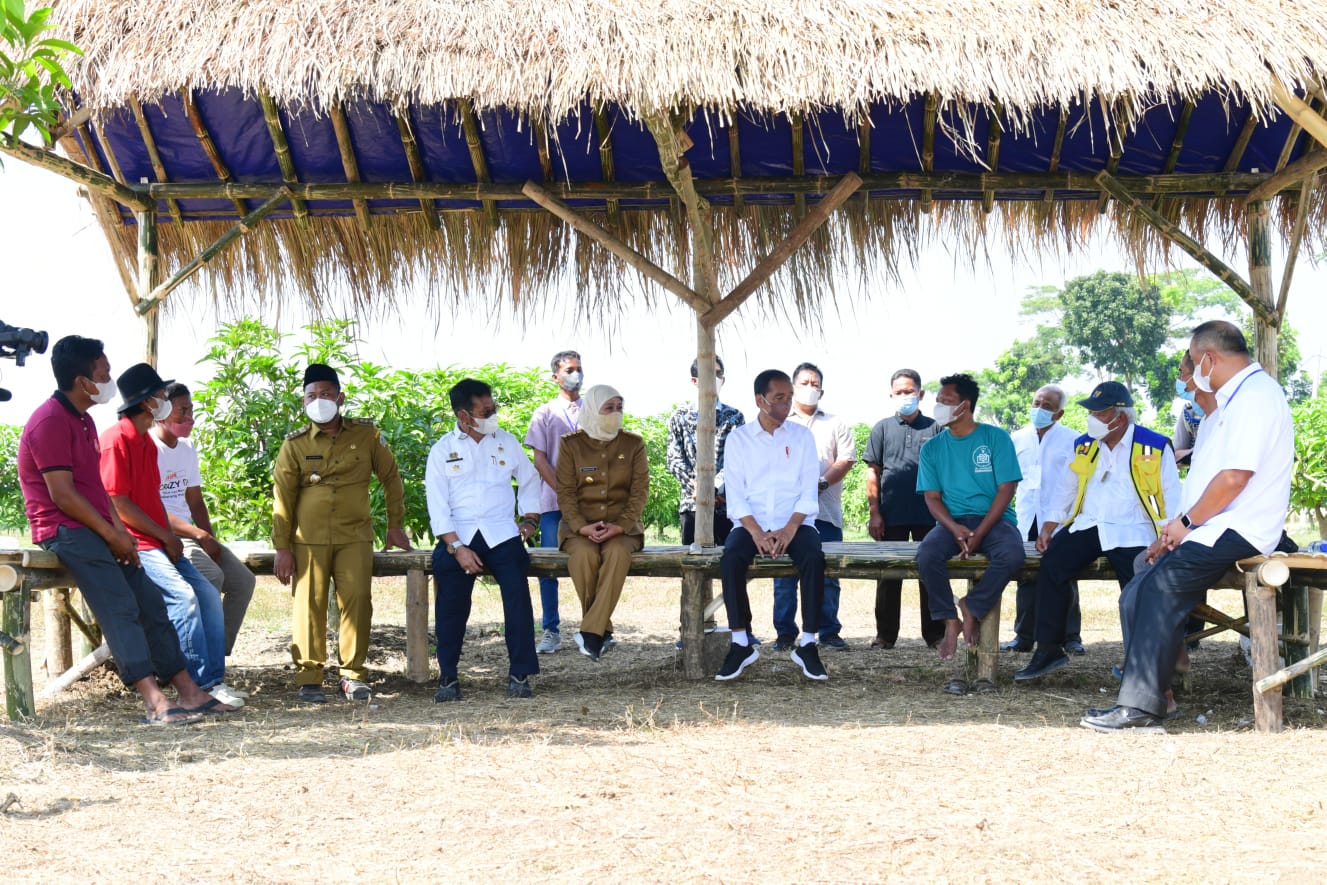
The president estimated that in the next three years, mango plants in the food estate can be harvested to meet market needs, both domestically and for exports.
Jakarta (Indonesia Window) – Indonesian President Joko Widodo (popularly known as Jokowi) launched a mango-based food estate in Gresik district, East Java province, on Monday.
On this occasion, the president hoped that the integrated food estate with the irrigation system would increase the agricultural productivity in Gresik.
“Today I was in Gresik to plant mangoes on approximately 1,000 hectares in about four sub-districts. We hope that this food estate is owned by some people and the private sector, and we want it to be integrated with the reservoir here. So the people can get it, and the private sector can also move,” President Joko Widodo said.
He estimated that in the next three years, mango plants in the food estate can be harvested to meet market needs, both domestically and for exports.
“(Exports) to the Middle East, to China, to Japan, to Europe, I think there is a lot of demand, so here we go. Later, it (food estate) will not only be in Gresik district but also in other districts which have marginal land conditions suitable for mangoes,” he said.
Furthermore, the president also requested that the food estate be managed properly with good quality control.
“I am happy. It seems that the management here is very good and we hope that later there will also be QC (quality control) assistance from buyers so that the quality level will increase,” he said.
Alsintan Taksi program
On this occasion, the head of state also launched the Alsintan Taksi program, which aims to present agricultural technology among farmers and accelerate economic recovery in the agricultural sector.
Alsintan Taksi is a program for providing agricultural equipment and machinery independently by business actors in the agricultural sector through facilitation of people’s business credit assistance with the provision of interest subsidies from the government.
With the funding support from banks and interest subsidies from the government, the president believes that the Alsintan Taksi program would be used by farmers.
He estimated that there would be many farmers in villages, districts and provinces who are willing to buy agricultural tools and machines, including rice milling units (RMU), dryers, combine harvesters, tractors and others under the Alsintan Taksi pattern.
The head of state is also optimistic that the use of modern agricultural tools such as combine harvesters and rice milling units (RMU) can increase farmers’ productivity because they are able to reduce food loss in production.
“If we want to be productive, food loss from each production can be suppressed, because our food loss is still very high, 12-13 percent,” he noted.
Reporting by Indonesia Window
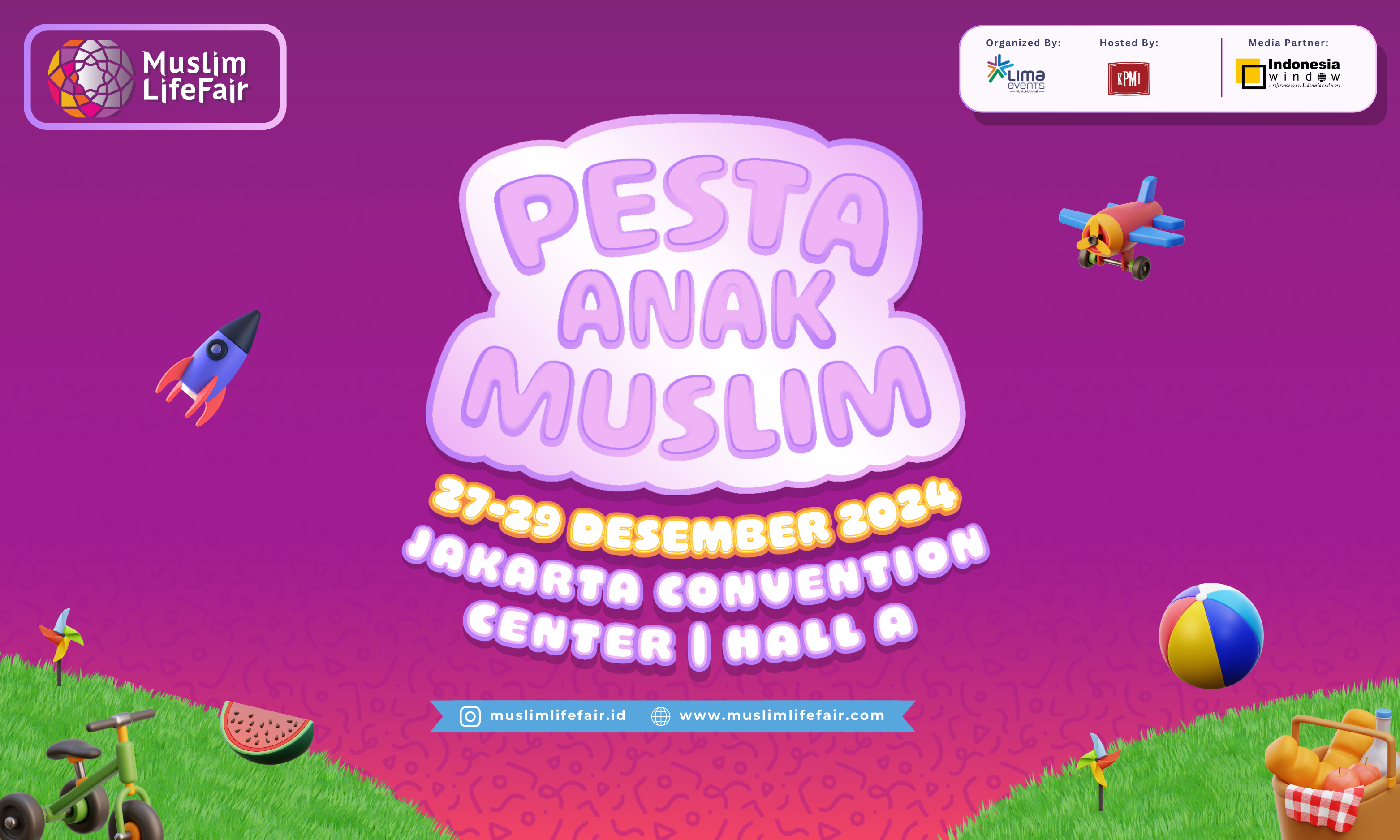
.jpg)
